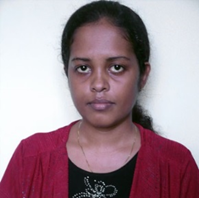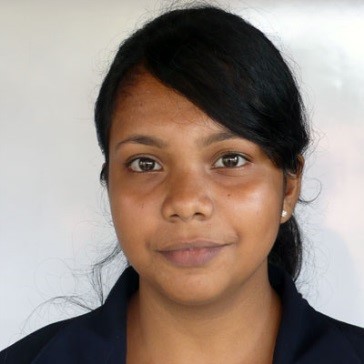Introduction
Examined the prevalence and heritability of a range of psychiatric disorders and gene-environmental interplay using a twin sample and a comparative singleton sample.
RISK FACTORS OF INTEREST: Early experiences of abuse and neglect, war and tsunami exposure, environmental exposures including socio-economic status, poverty related/ deprivation variables, poor educational attainment, life events.
PHENOTYPES: psychiatric disorders; Common Mental Disorders (CMD), Affective Disorders, Anxiety, Fatigue, PTSD, and Substance Misuse/Dependence
OUTCOMES: Life-time prevalence rates of psychiatric disorders, heritability of common mental disorders, gene-environment interplay.
- 4388 Twins from the Population-based Twin registry
- 2311 Singleton controls
Collaborators
Funders
Instruments
- Zygosity questionnaire,
- WHO Composite International Diagnostic Interview (CIDI) sections A B, D, E, J, K, CIDI depression prob (12 months),
- Bradford Somatic Inventory,
- Short Form (SF)-36,
- Chalder Fatigue scale, Life events,
- Childhood Experience of Care and Abuse Questionnaire (CECA-Q),
- Suicidal ideations, War and Tsunami questionnaire,
- Smoking information,
- International physical activity questionnaire,
- Closeness among twins questionnaire,
- Food frequency,
- Generalized Anxiety Disorder assessment (GAD-7),
- PTSD Checklist (PCL-17),
- Beck Depression Inventory (BDI),
- Stressful Life Events,
- Multi-Dimensional Support Scale (MDSS),
- Pittsburgh sleep quality index,
- Alcohol Use Disorders Identification Test (AUDIT).
Description
A population-based twin register was established in the Colombo district of Sri Lanka using infrastructure designed to periodically update the electoral register. We invited a subsample from this register to participate in the project on common mental disorders, using random ascertainment. A separate non-twin sample was randomly selected from the geographical areas where twins were found.
Home interviewers collected diagnostic information on common mental disorders, as well as environmental exposures including life events, socio-economic conditions, and the impact of the civil war and the Tsunami of 2004.
We identified 19,302 individuals in the creation of the population based twin register. We randomly selected a subsample, of whom 4,387 were eligible to participate and 4,024 agreed to be interviewed (including data on 1,954 complete pairs of twins and 5 sets of triplets). Those who refused consent had a similar mean age and sex ratio to those who were interviewed. We invited 2,485 singletons to participate and 2,019 were interviewed.
Initial exploration of the data suggests the samples are very representative of the Colombo district of Sri Lanka, so we have created a unique resource for understanding the influences on mental disorders in developing countries, and to compare to the influences found in developed countries.
Outcomes
Fatigue
- Prevalence of fatigue was lower than rates in other countries.
- Fatigue was often present in individuals who also reported depression.
- Fatigue was heritable in both men and women; however, environmental influences were more important overall.
Depression
- Prevalence of depression was fairly low compared to Western countries.
- Depression was more common in women than men, and in individuals reporting a lower standard of living.
- Genetic influences on depression were larger in women than men.
PTSD
- Despite high rates of exposure to trauma the prevalence of PTSD was lower than in high-income countries.
Results
- Early school leaving and standard of living showed environmentally-mediated effects on depression, in men.
- In women, life events were associated with depression partly through genetic pathways
- For fatigue, there were environmentally mediated effects (through early school leaving and life events) and strong suggestions of family-environmental influences.
Conclusion
Compared to previous studies from higher-income countries, novel environmentally-mediated risk factors for depression and fatigue were identified in Sri Lanka. But as seen elsewhere, the association between life events and depression was partially genetically mediated in women. These results have implications for understanding environmental mechanisms around the world.
These are the first results to show a genetic contribution to suicidal ideation that is independent of depression outside of a high-income country.
























